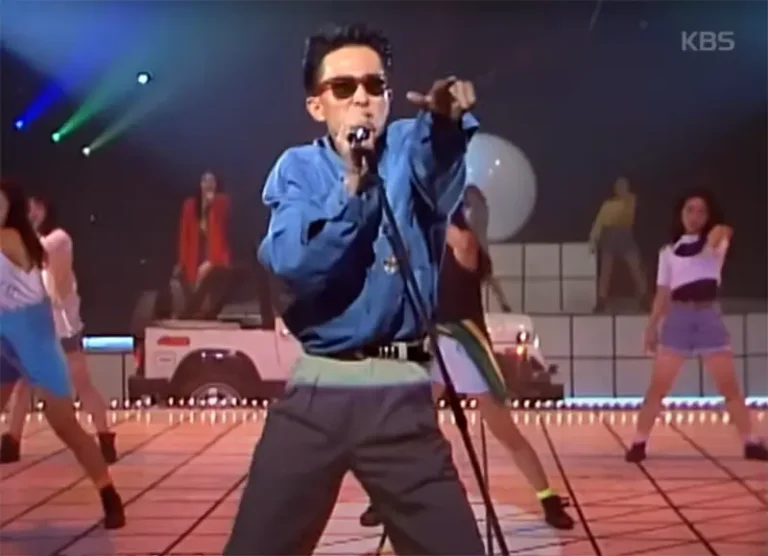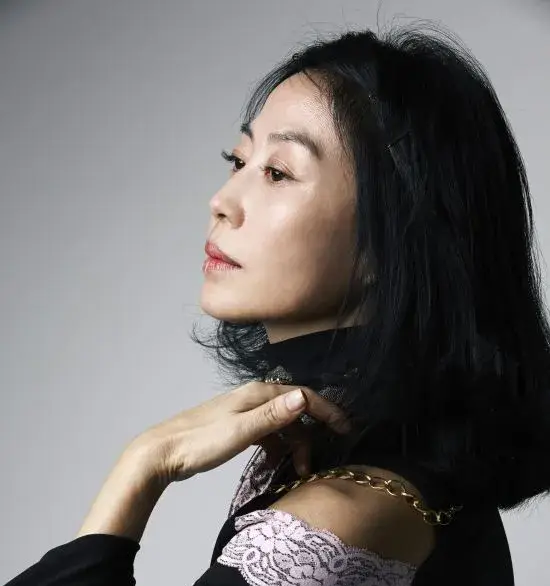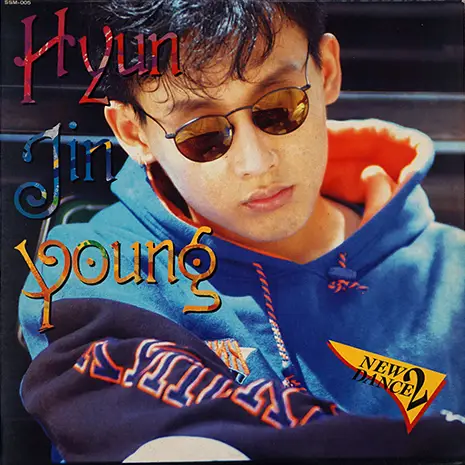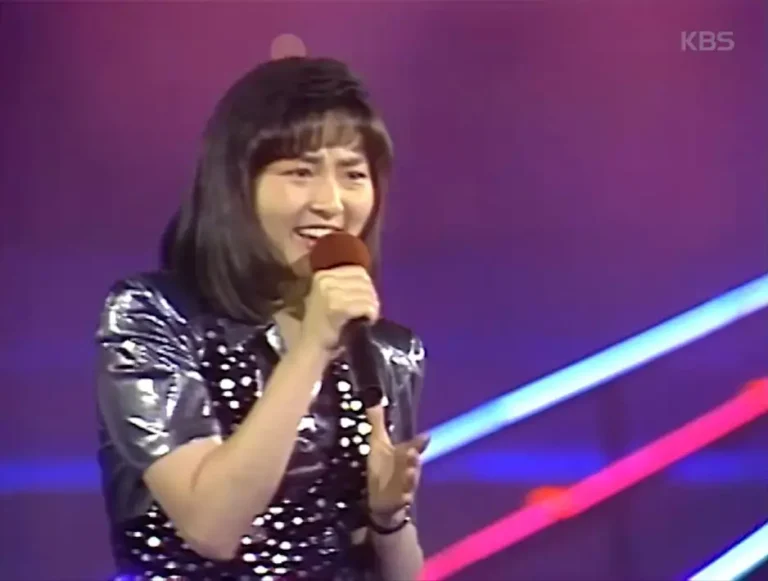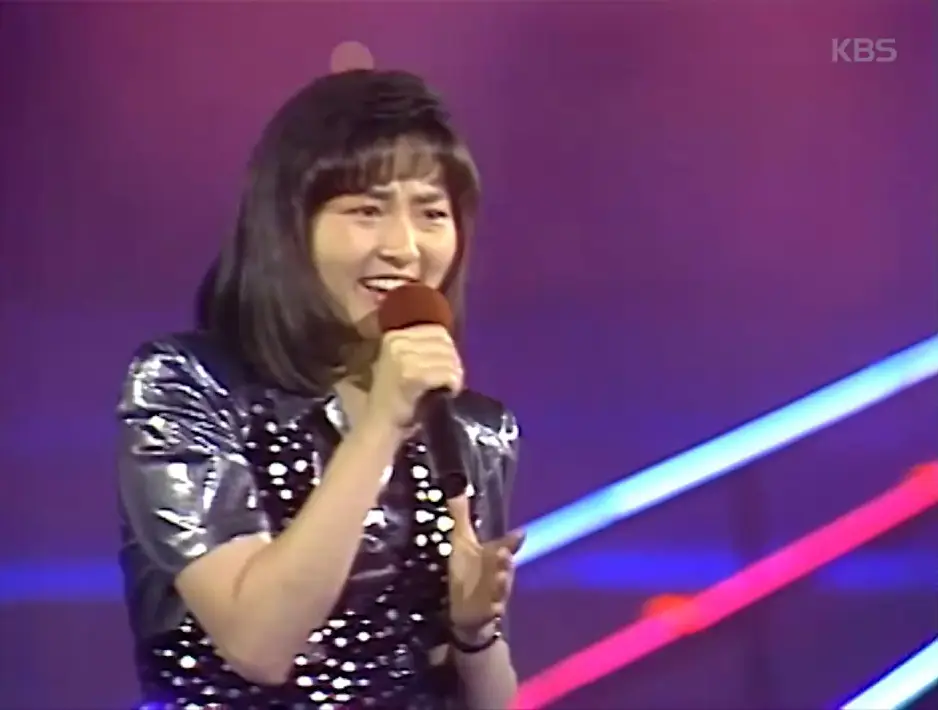
Jung Su-ra stands as one of the most respected and enduring figures in the South Korean music industry. Her career began in the early 1980s and has spanned several decades, covering multiple genres such as ballads, trot, and pop. Known for her powerful and emotive vocal style, Jung Su-ra has captivated audiences of all ages, earning a reputation as a versatile and influential artist.
Early Career and Rise to Fame
Jung Su-ra’s journey into the spotlight started with her debut studio album in 1982. This album featured tracks such as That Kind of Person I Like and In the Rain, which quickly established her as a promising new voice in Korean music. Her early works were characterized by heartfelt lyrics and memorable melodies, resonating deeply with listeners during a time of significant change in Korean popular music.
Her second album, released in 1983, included hits like Was It the Wind and Lonely Girl. These songs further highlighted her ability to convey emotion and connect with audiences on a personal level. By 1984, her third album featured tracks such as Dew on the Grass and Oh, Republic of Korea, demonstrating her versatility in addressing both intimate and national themes.
Musical Evolution and Continued Success
Throughout the late 1980s, Jung Su-ra continued to build her reputation as one of Korea’s leading vocalists. Her 1985 album included the tracks Father’s Chair and The Meaning of Tears, which showcased her talent for storytelling through song. By the end of the decade, she had become a household name, recognized for her vocal prowess and emotional delivery.
The 1990s saw Jung Su-ra maintaining her prominence with a series of successful albums. Her ninth album, released in 1991, featured tracks like When I Feel the World and Promise of Peace. These songs reflected the changing social and cultural landscape of Korea, and her ability to adapt to new trends while staying true to her artistic roots helped her remain relevant in a rapidly evolving industry.
Discography and Notable Releases
Jung Su-ra’s discography is extensive, encompassing over a dozen studio albums and numerous singles. Her 1997 album included tracks like Love Me and My Love, Dolmen, which continued to highlight her vocal strength and lyrical depth. In the 2000s, she released albums such as Because of Love and Scarf Hanging in the Show Window, further solidifying her reputation as a versatile and enduring artist.
Beyond her studio albums, Jung Su-ra has remained active in releasing singles and collaborating on various musical projects. In 2009, she released the single Beautiful Day, which was well-received by both fans and critics. More recent releases include Love Once Again in 2012, Thank You, Youth in 2016, and Suddenly One Day in 2017. Each of these works demonstrates her ongoing commitment to her craft and her ability to connect with listeners across generations.
Influence and Mentorship
Jung Su-ra’s impact extends far beyond her own music. She has served as a mentor and inspiration to many younger artists in the Korean music industry. Her dedication to her art and her consistent output have earned her respect from both peers and fans. She is also recognized for her contributions to Korean culture, often performing at national events and celebrations.
Live Performances and Stage Presence
Jung Su-ra’s live performances are renowned for their emotional intensity and technical precision. Her ability to captivate audiences with her voice and stage presence has made her a sought-after performer for concerts, television programs, and special events. Her concerts attract fans of all ages, reflecting her broad appeal and the timeless quality of her music.
Charitable Activities and Public Service
In addition to her musical achievements, Jung Su-ra has been involved in various charitable activities and public service campaigns. She has used her platform to raise awareness for important social issues and to support causes close to her heart. This commitment to giving back to the community highlights her dedication to using her influence for positive change.
Legacy and Cultural Impact
Jung Su-ra’s legacy in Korean music is significant. She has witnessed and contributed to the evolution of the Korean music industry, adapting to new trends while maintaining her distinctive style. Her music continues to inspire new generations of artists and listeners, and her work remains a vital part of Korea’s cultural heritage.
Her career is a testament to the power of perseverance and passion. Despite the challenges and changes in the music industry, Jung Su-ra has remained true to her artistic vision, creating music that resonates with people from all walks of life. Her voice, both literally and metaphorically, has become a symbol of comfort, hope, and inspiration for many.
Media Presence and Promotion of Korean Music
Jung Su-ra’s contributions to Korean music are not limited to her recordings and performances. She has also been active in television and radio, sharing her knowledge and experience with aspiring musicians and the general public. Her presence in the media has helped to promote Korean music both domestically and internationally.
Awards and Recognition
Over the years, Jung Su-ra has received numerous awards and accolades for her musical achievements. These honors reflect the high regard in which she is held by her peers and the public. Her influence can be seen in the work of many contemporary Korean artists, who cite her as an inspiration and a role model.
Looking to the Future
Looking ahead, Jung Su-ra continues to be an active and influential figure in Korean music. Her commitment to her craft and her willingness to embrace new challenges ensure that her legacy will endure for many years to come. Her music remains a vital part of Korea’s cultural landscape, and her voice continues to inspire and uplift listeners around the world.
Conclusion
Jung Su-ra’s story is one of resilience, creativity, and passion. From her debut in the early 1980s to her ongoing activities today, she has remained a constant presence in Korean music. Her journey reflects the evolution of Korean popular culture and stands as a testament to the enduring appeal of heartfelt, authentic music. Her influence, both as a singer and as a cultural icon, is sure to be felt for generations to come.
